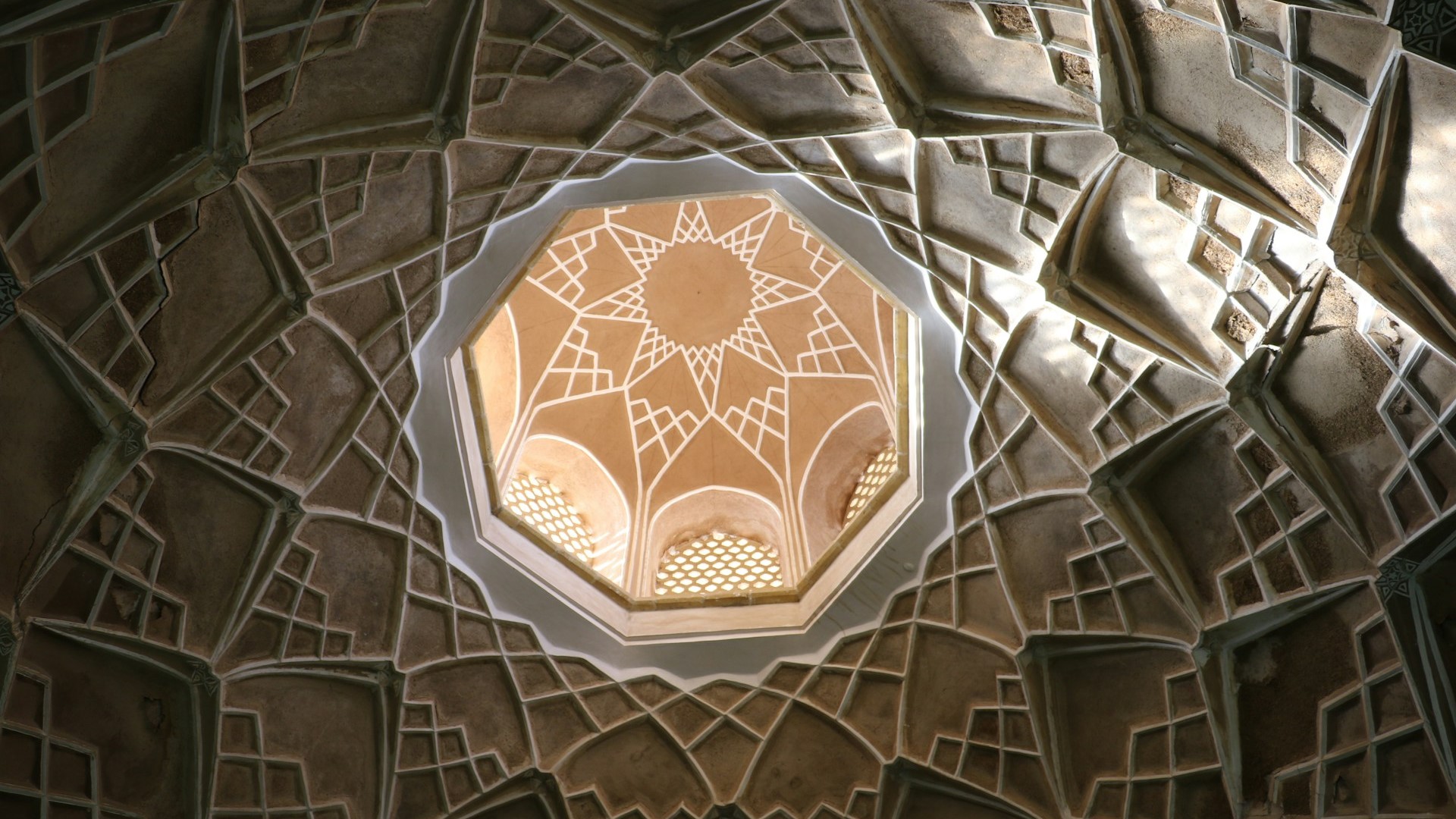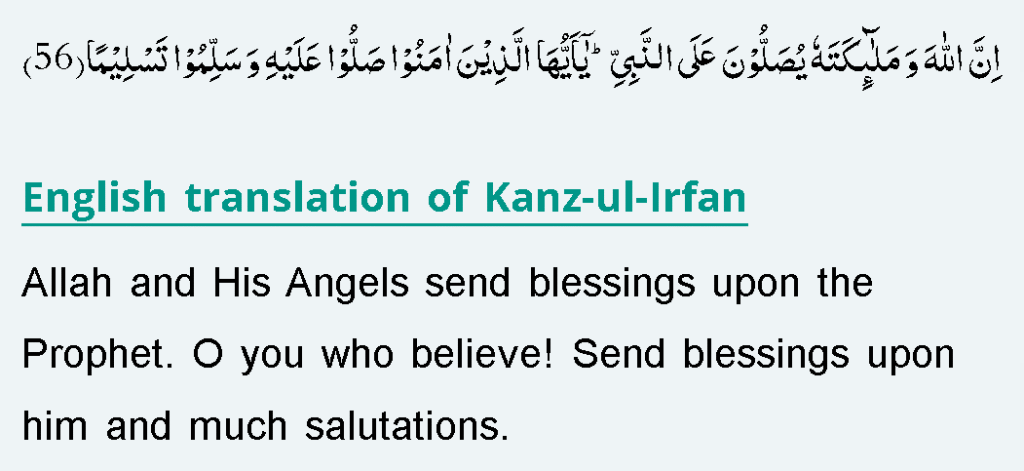The practice of reciting Darood Sharif, or sending blessings upon Prophet Muhammad (peace be upon him), is a beloved and fundamental aspect of Islamic faith. Far from being a mere custom, it is a deeply rooted act of worship with a rich history and a divine origin. Understanding the journey of Darood Sharif, from its revelation to its widespread adoption, enhances a believer’s appreciation for its significance.
This article will delve into the fascinating history and divine origins of Darood Sharif. We will explore how this sacred practice became an integral part of Islamic worship, tracing its roots from the Holy Quran and the Sunnah of the Prophet (PBUH) to its continuous evolution and widespread practice across centuries and cultures. It’s a legacy of love, reverence, and profound blessings that continues to enrich the lives of Muslims worldwide.
The Divine Command: Quranic Revelation
The primary and most authoritative origin of Darood Sharif lies in the Holy Quran itself. Allah Almighty directly commands believers to send blessings upon His Prophet (PBUH) in Surah Al-Ahzab:
“Indeed, Allah confers blessing upon the Prophet, and His angels [ask Him to do so]. O you who have believed, ask [Allah to confer] blessing upon him and greet him with [a worthy] greeting.” (Surah Al-Ahzab, 33:56)
This verse is the bedrock of the practice. It unequivocally states that Allah Himself, along with His angels, sends blessings upon the Prophet (PBUH). This divine precedent makes it an obligation and an act of immense virtue for believers to follow suit. This command elevates the sending of blessings beyond a mere recommendation to a profound spiritual duty.
Prophetic Practice and Teachings (Sunnah)
Following the divine command, Prophet Muhammad ﷺ himself exemplified and explicitly taught his companions how to send blessings upon him. The Sunnah (teachings and practices of the Prophet) provides the practical framework for the recitation of Darood Sharif. A detailed understanding of its profound importance in a Muslim’s life is crucial for every believer.
Numerous Hadith narrations highlight the Prophet’s instructions:
- When companions asked how to send blessings, the Prophet (PBUH) taught them specific wordings, including what later became known as Darood-e-Ibrahimi, which is now recited in every Salah.
- He emphasized the rewards for reciting Darood, stating that Allah sends ten blessings in return for one.
- He encouraged abundant recitation, especially on Fridays.
Thus, the Prophet’s own practice and explicit commands cemented Darood Sharif as an integral part of Islamic worship and daily life, establishing its form and virtues for generations to come.
The Practice of the Companions (Sahaba) and Early Muslims
The Sahaba, who were direct students of the Prophet (PBUH), eagerly adopted and propagated the practice of reciting Darood Sharif. Their lives were replete with love and reverence for the Prophet (PBUH), which naturally extended to sending blessings upon him.
- They understood the immense spiritual benefits and followed the Prophet’s instructions diligently.
- Their continuous recitation set a precedent for future generations, ensuring the widespread continuation of this blessed act.
- The emphasis on Darood Sharif in their daily lives and gatherings ensured that it remained a living tradition from the earliest days of Islam.
This consistent practice by the first generation of Muslims cemented Darood Sharif as a core devotional act, passing its legacy down through the ages.
Development and Compilation of Different Forms
Over centuries, as Islam spread and scholars delved deeper into the Quran and Hadith, various forms of Darood Sharif emerged and were compiled. While the essence remained the same – sending blessings upon the Prophet ﷺ – different wordings were formulated, often focusing on specific attributes or seeking particular benefits. You can learn more about these diverse forms in our article on different types of Darood Sharif.
- Scholars and pious individuals, inspired by Hadith and their own spiritual insights, composed different invocations like Darood Tanjeena, Darood Ghausia, Darood Mahi, and Darood Shifa.
- These forms often reflect the linguistic beauty of Arabic and the deep spiritual understanding of their compilers, providing believers with a rich variety of ways to express their devotion.
- Each form carries its own set of virtues and is cherished by different communities for various purposes, further enriching the practice of Darood Sharif.
Darood Sharif Through the Ages: A Living Tradition
From the time of the Prophet (PBUH) to the present day, Darood Sharif has remained a vibrant and continuous tradition. It is recited by billions of Muslims daily in their prayers, in personal supplications, in gatherings of remembrance (Zikr), and in times of joy and sorrow.
- It has permeated Islamic literature, poetry, and art, becoming a symbol of love and respect for the Prophet (PBUH).
- Its enduring relevance highlights its spiritual power and its capacity to connect believers across time and geography to the noble Messenger of Allah.
The journey of Darood Sharif is a testament to its divine origin, its prophetic emphasis, and its profound impact on the hearts of Muslims throughout history.
A Legacy of Love and Blessings
The history and origin of Darood Sharif reveal it to be far more than just a religious chant. It is a divinely ordained practice, a prophetic command, and a continuous legacy of love and reverence for Prophet Muhammad (PBUH).
From the explicit command in the Quran to the detailed instructions in the Sunnah and the subsequent development of its diverse forms, Darood Sharif stands as a pillar of Islamic devotion. Understanding its roots deepens our appreciation for this blessed act, motivating us to make it an even more consistent and heartfelt part of our daily lives. May Allah enable us to send blessings upon His beloved Prophet (PBUH) in abundance.











